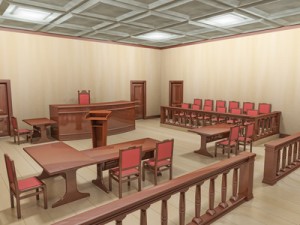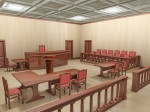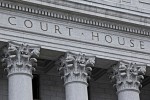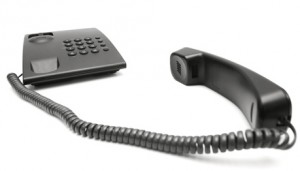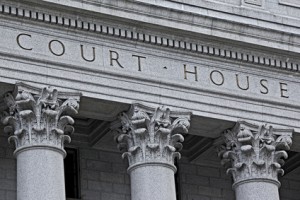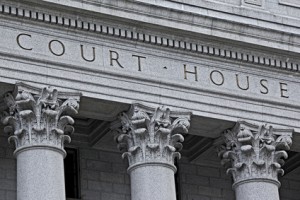
Effective April 1, 2015, significant changes were made to Rules 11 and 42 of the Arkansas Rules of Civil Procedure.
The changes were announced by the Supreme Court of Arkansas in a per curiam opinion (2015 Ark. 88) issued on February 26, 2015.
Here are some of the changes:
Ark. R. Civ. P. 42 – Punitive Damages Bifurcation
Rule 42 now has a new paragraph (b)(2). It states that in any case before a jury in which punitive damages are sought, on the motion of any party and if warranted by the evidence, a bifurcated trial shall be conducted before the same jury.
The issues of liability and compensatory damages are to be decided in the first trial. The issue of liability for punitive damages may be decided in either the first or second trial. That is up to the discretion of the trial judge.
The issue of the appropriate amount of punitive damages can only be decided at the second trial. Evidence of the defendant’s financial condition cannot be admitted in the first trial unless relevant to some other issue.
Ark. R. Civ. P. 11 – Expert Testimony Certificate; Sanctions
Rule 11 has been reorganized with additional paragraphs added for clarity.
It contains a new requirement under (b)(5) that when a claim or affirmative defense can only be established by expert testimony, the party certifies that it has consulted with an expert or learned in discovery of an expert’s opinion who (i) is believed to be competent under Ark. R. Evid. 702 to express an opinion in the action and (ii) concludes based on available information that there is a reasonable basis for the claim or affirmative defense.
Continue reading April 2015 Revisions to Rules 11 and 42
